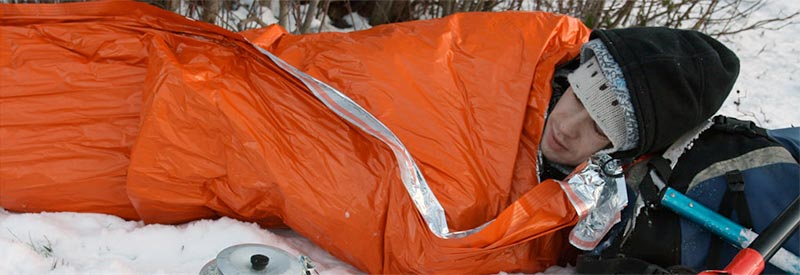ANDREW ROGERS A LATE CAREER RESEARCH STUDENT EXPERIENCE I took the long way around to get to my PhD research. The journey started with 25 years working in Public Health; a move into the private sector as a business consultant; the odd excursion to work with the WHO or UN in the Balkans, Central Europe… Read more »
Case Studies: care
KESS 2 Alumni Case Study : Mirain Llwyd Roberts
MIRAIN LLWYD ROBERTS INTERGENERATIONAL CO-ORDINATOR, GWYNEDD COUNCIL The purpose of my research project was to explore the challenges and barriers facing intergenerational projects. The title of the research was: “Bridging the people and the community: The barriers and challenges facing intergenerational projects focusing on sustainability”. Several obstacles and challenges emerged during the research and a… Read more »
Supporting people with alcohol-related brain damage
Rob Heirene is currently undertaking an ESF-funded KESS 2 PhD at the University of South Wales, carrying out research into how people with alcohol-related brain damage could be cared for in supported housing. His partner organisation, Solas Cymru, is a charity based in Newport that provides a broad range of services for people who are… Read more »
Efficacy of Reflexcell survival products for protection of humans in extreme environments / Human health implications of Reflexcell products
Around a decade ago, mountaineers, expeditions to cold climates, or indeed anyone involved in outdoor activities took a polythene bivvy bag or a ‘space blanket’ with them for emergency use. These, at best, provided an extra water and windproof layer.
Now, led by Dr Sam Oliver of the University’s Extremes Research Group, PhD student Jennifer Brierley is undertaking collaborative research with Blizzard Survival, the inventor and manufacturer of a new material designed to aid survival in extreme conditions. Jennifer has been researching how effective the innovative material is in directing escaping body heat back into the body, preventing or delaying the onset of hypothermia in extreme conditions.
Read more »











